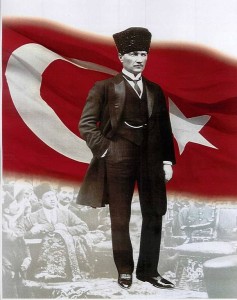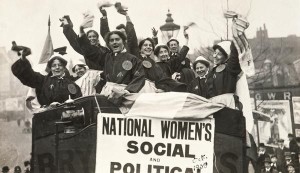Details
Part II: Essay (30 points) – Part II: Essay (25 points) Two of the foll
- Compare and contrast the ideas, goals, and methods of Emmeline Pankhurst, Bahithat-al Badiya, and Qiu Jin. What accounts for their similarities and differences?
owing questions will appear on the exam. You will choose one to answer. The essay should be about three pages in a bluebook.
- Explain the reasons for the new age of imperialism (1870-1914), the new technologies and inventions that aided it, the beliefs and ideologies used to justify it, and its impact on colonized peoples. (Use examples from Asia, Africa, and the Middle East to support your statements.)




Reviews
There are no reviews yet.